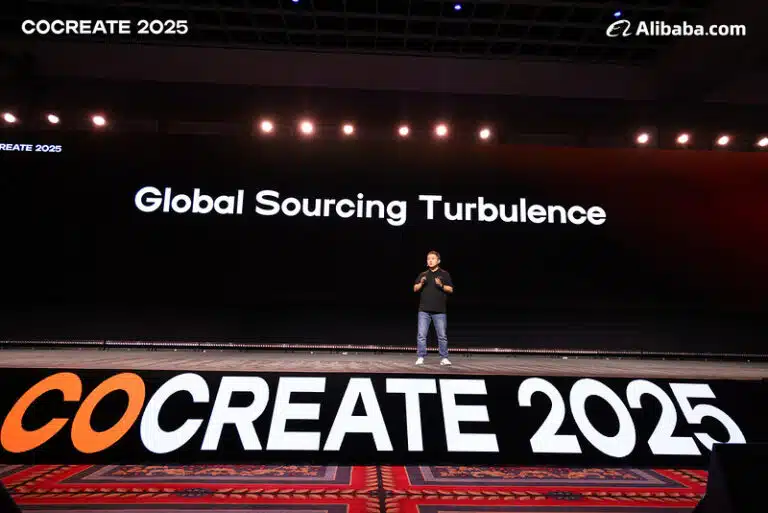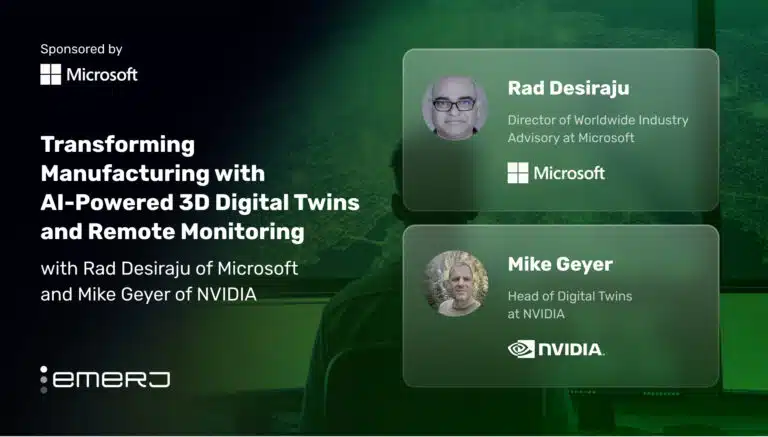Just a few weeks ago, the artificial intelligence community and board game community alike were shocked when an AI system named AlphaGo defeated an expert player five games straight in the sophisticated game, Go. The surprise wasn’t so much that the system won, but that it was capable of winning nearly a decade before experts expected.
Go can colloquially be called the “chess of East Asia”. But Go actually trumps chess in terms of complexity and required intuition from players. By alternating black and white pieces on a grid of 19 horizontal and 19 vertical lines, players are challenged to surround and trap their opponents’ pieces. The result is a game with many more potential moves at a given time and no apparent method to determine any players specific advantage. Thus, Go demands immense practice and subtle, human-like intuition. Likewise, the system must be developed to process data more like a human than like a machine. Dennis Hassibis, head of the Google team that developed AlphaGo, told a press briefing after the win, “Go is the most complex and beautiful game ever devised by humans.”
AlphaGo’s expert opponent was Fan Hui, the European Go champion. And though AlphaGo’s shut out was seen as groundbreaking, many wondered whether the machine could beat one of the world’s top-ranked Go players.
From March 9-15, AlphaGo will have that chance as it competes against South Korean Lee Sedol. regarded as one of the best Go players ever. Lee Sedol himself acknowledges AlphaGo’s increasing proficiency but nonetheless said in a statement, “I have heard that Google DeepMind’s AI is surprisingly strong and getting stronger, but I am confident that I can win at least this time”.
The Lee Sedol match will differ from the one against Fan Hui in a number of ways. First of all, Lee Sedol is considered to be a much stronger player. As of February, 2016 he’s ranked 5th in the world. Fan Hui is still a respectable 633rd, but if Lee Sedol and Fan Hui were to compete against each other, Lee Sedol would have an almost insurmountable advantage. Perhaps more importantly, the match between AlphaGo and Lee Sedol will be livestreamed on YouTube, so viewers can witness and anticipate the action. And they can observe the outcome in real time.
Oh, there’s also a $1 million purse for Lee Sedol if he wins. (Fan Hui now advises at Google DeepMind, so things didn’t turn out bad for him despite his loss.)
A win for AlphaGo means Google’s DeepMind team would earn some serious bragging rights against industry competitors like Facebook and Microsoft. But beyond that, Hassibis insists there are some real world applications behind it all. “The system could process much larger volumes of data and surface the structural insight to the human expert in a way that is much more efficient—or maybe not possible for the human expert,” he explained to Wired. “The system could even suggest a way forward that might point the human expert to a breakthrough.”
First things first though: AlphaGo has got to win. With another victory under their belt, Google’s DeepMind program will have a tremendous morale boost and quantitative validation that their AI efforts are making strides. A loss may likewise prove valuable – as it did for Fan Hui – as the team turns back to their system to iron out its kinks.
Image credit: Mattel




















